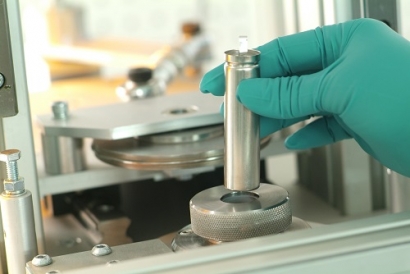
The project, named SUNRISE (after Synthomer, UCL & Nexeon’s Rapid
Improvement in the Storage of Energy), will develop battery materials based on silicon as a replacement for carbon in the cell anode, and optimize cell designs for automotive application.
Innovate UK will fund the majority of the £10 million ($13.5 million) project as part of the Faraday Battery Challenge. Nexeon will lead the silicon material development and scale-up stages of the SUNRISE project, while leading polymer company Synthomer will lead the development of a next generation polymer binder optimized to work with silicon, and ensure anode/binder cohesion during a lifetime of charges. Nexeon and University College London (UCL) will jointly lead the work on material characterization and cell performance.
Silicon is currently being adopted as a partial replacement for carbon in battery anodes, typically up to the level of 10% replacement, but problems caused by expansion when the cells are charged and discharged remain a hurdle. Project SUNRISE addresses the silicon expansion and binder system issues, and allows more silicon to be used, further increasing the energy density that can be achieved in the cell. Innovative silicon anode material with a polymer binder represents a ‘drop-in’ replacement for current graphite anode systems. Lower cost and better performance power sources will reduce the time required for EVs to achieve mass adoption.
“The biggest problems facing EVs - range anxiety, cost, charge time or charging station availability - are almost all related to limitations of the batteries”, says Nexeon CEO, Dr Scott Brown. “Silicon anodes are now well established on the technology road maps of major automotive OEMs and cell makers, and Nexeon has received support from UK and global OEMs, several of whom will be involved in this project as it develops.”
The Faraday Battery Challenge was announced in July, and is the first in a series of Research Challenges managed by Innovate UK as part of the Industrial Strategy Challenge Fund (ISCF).

